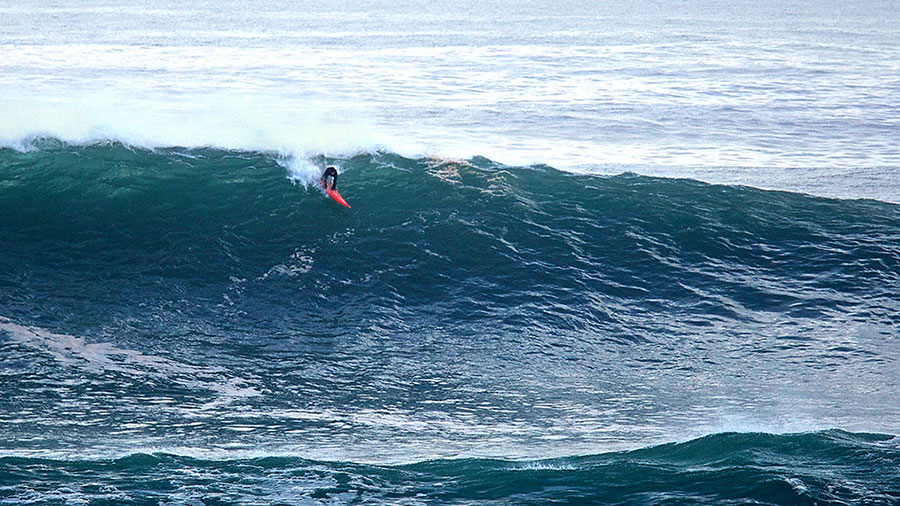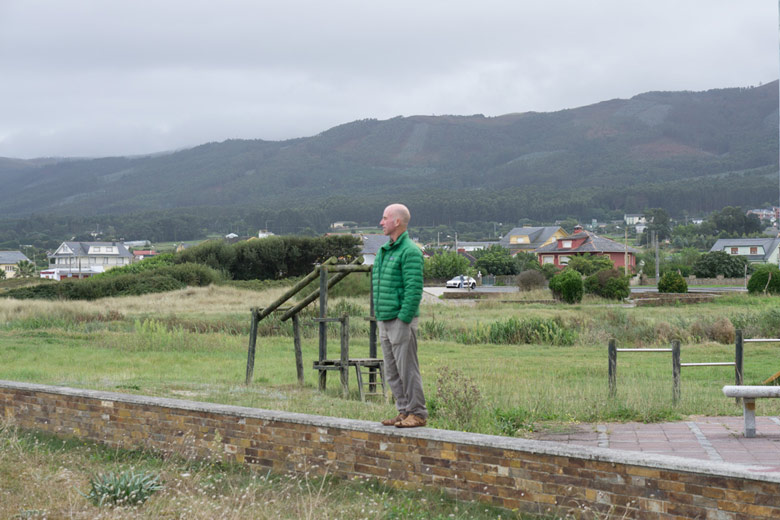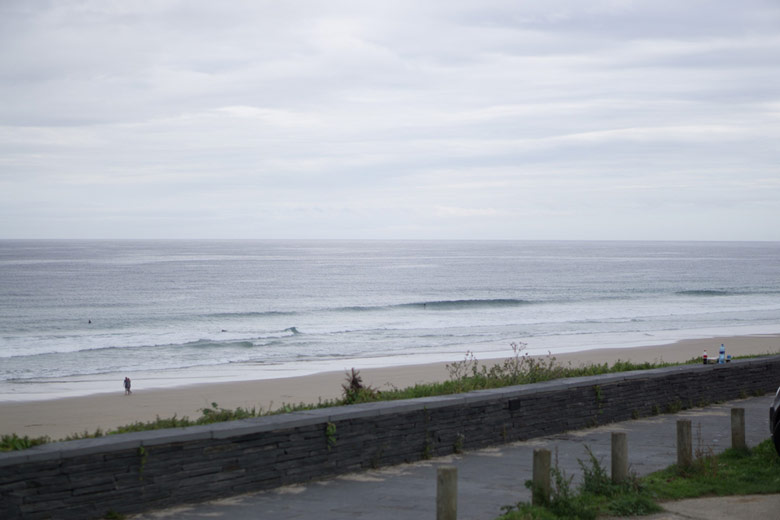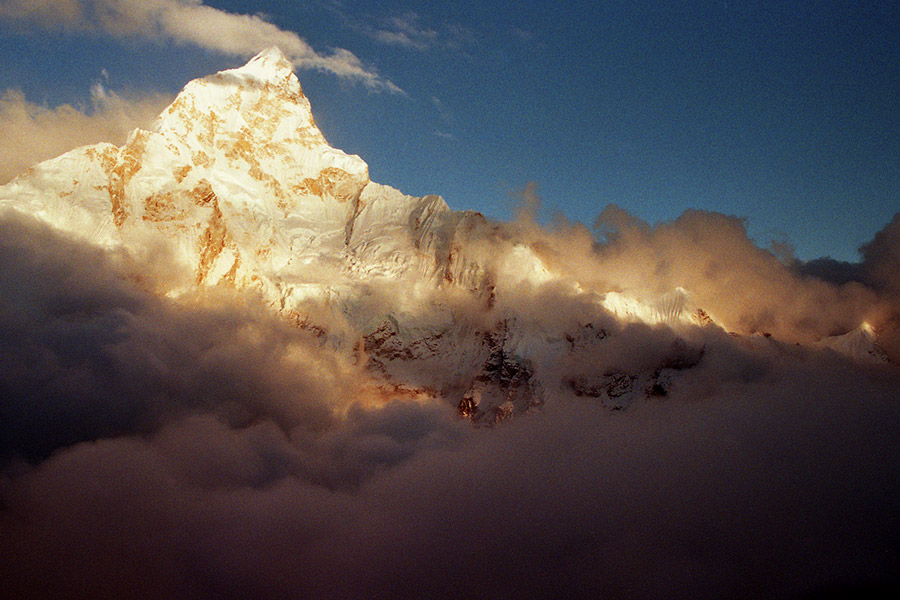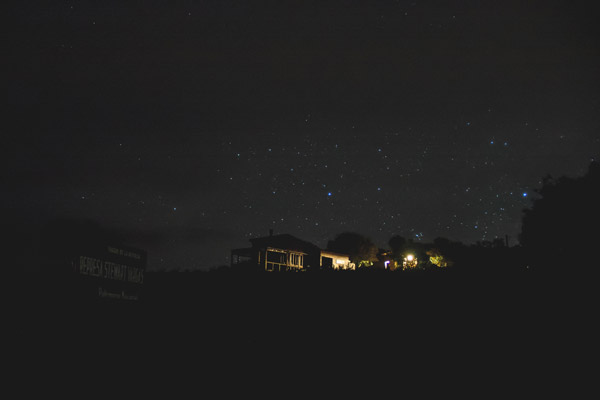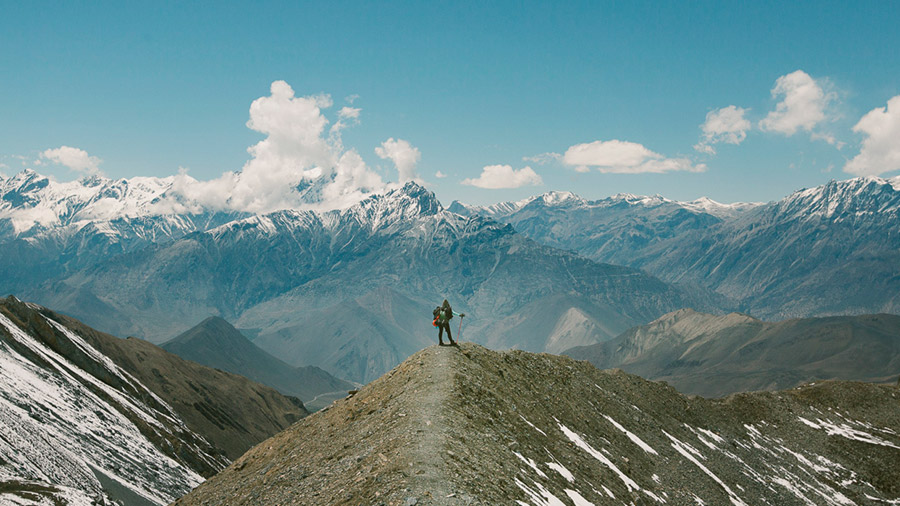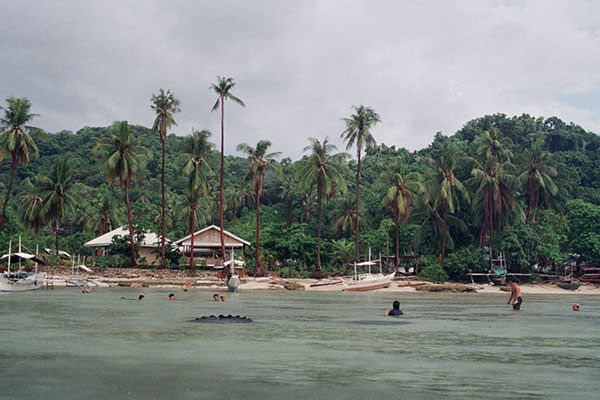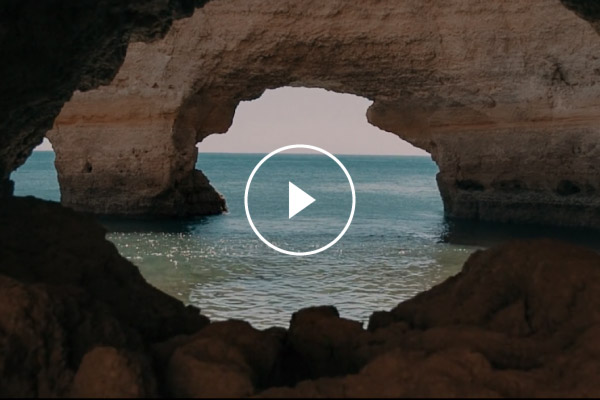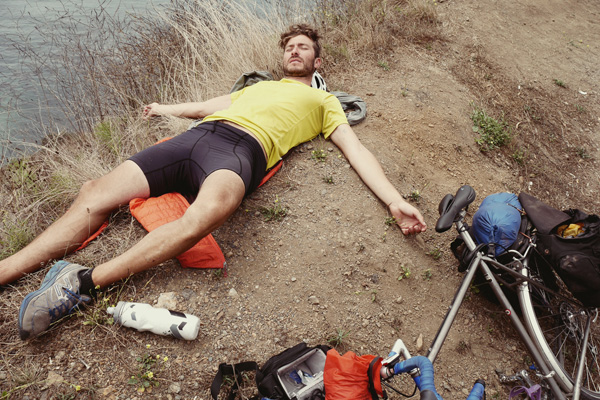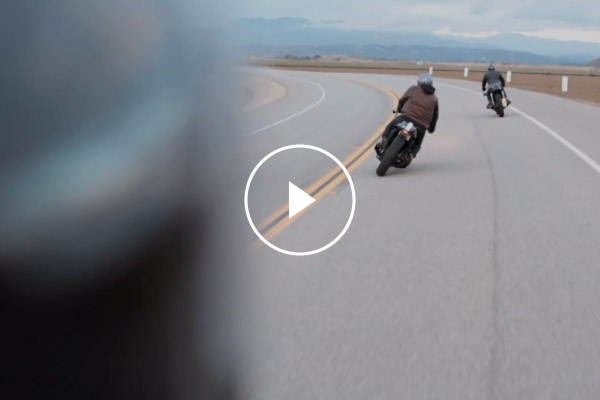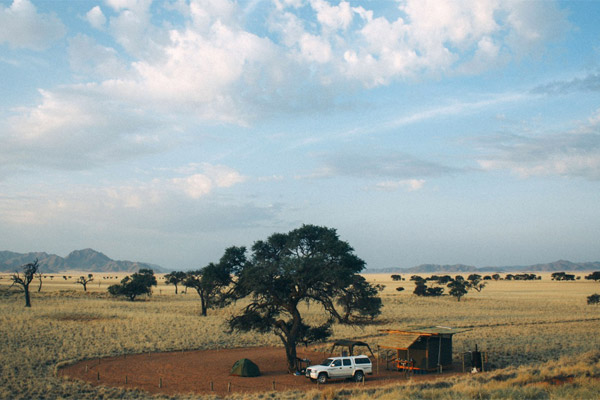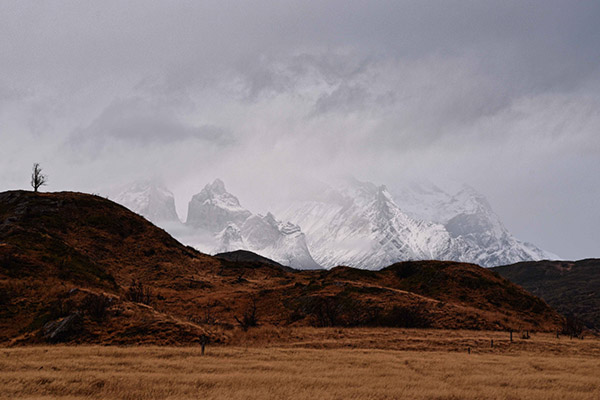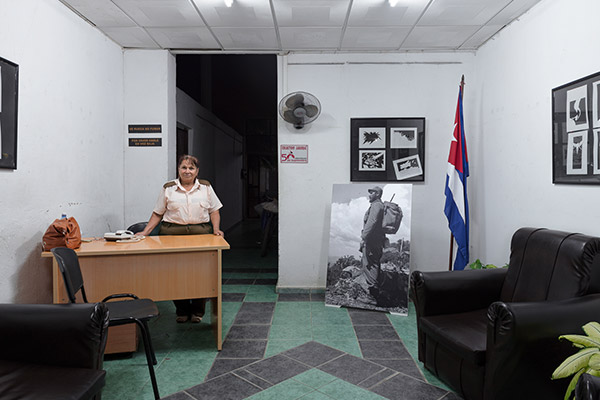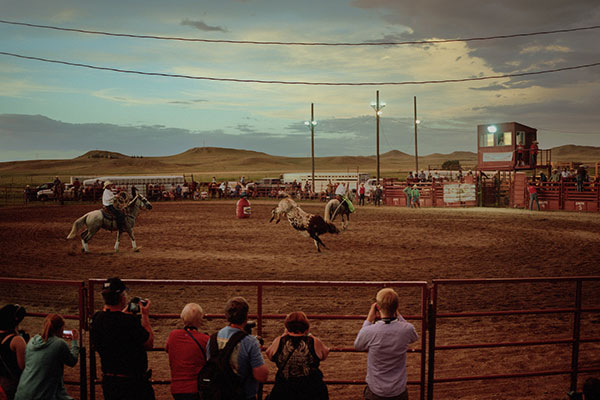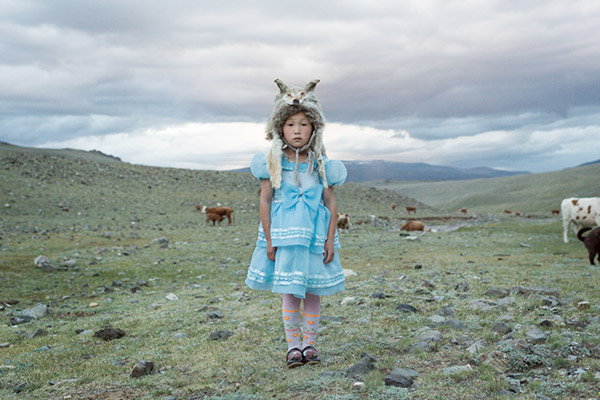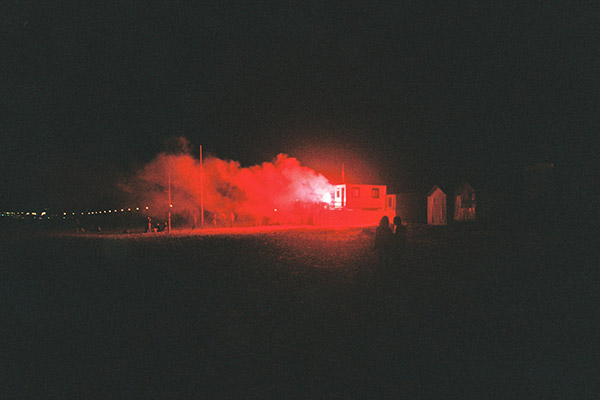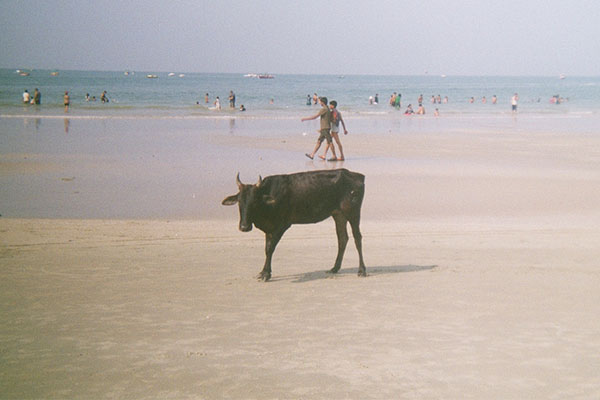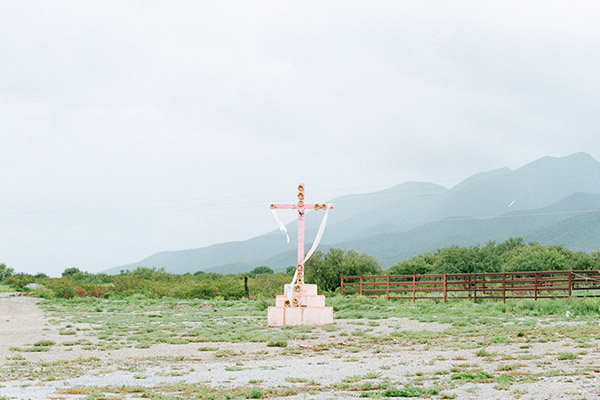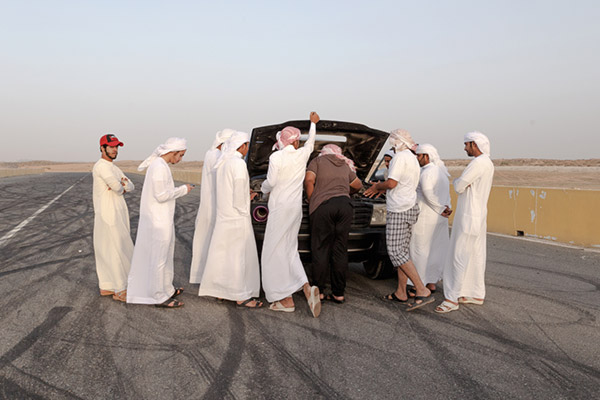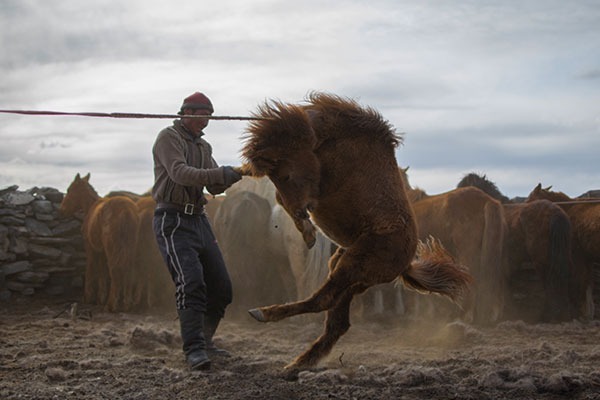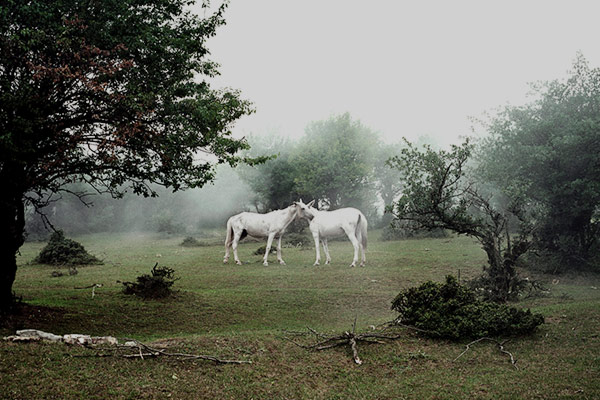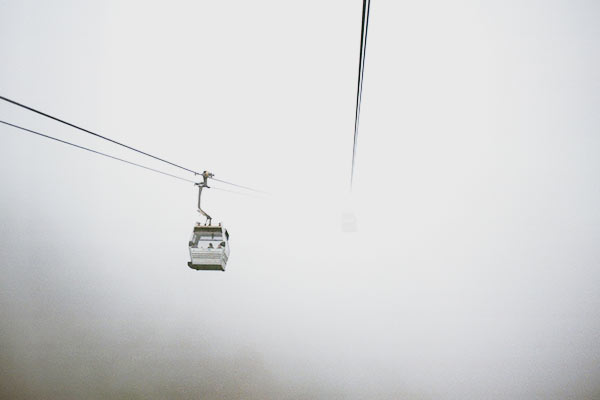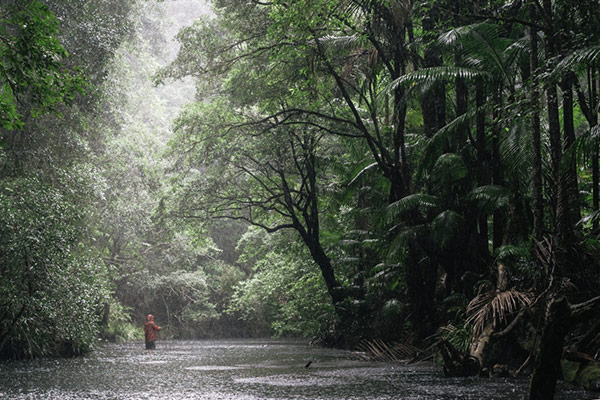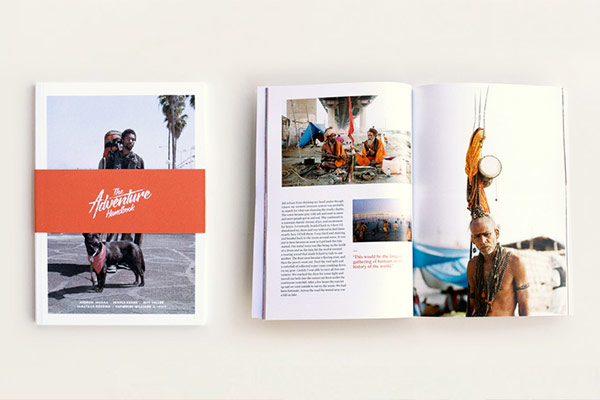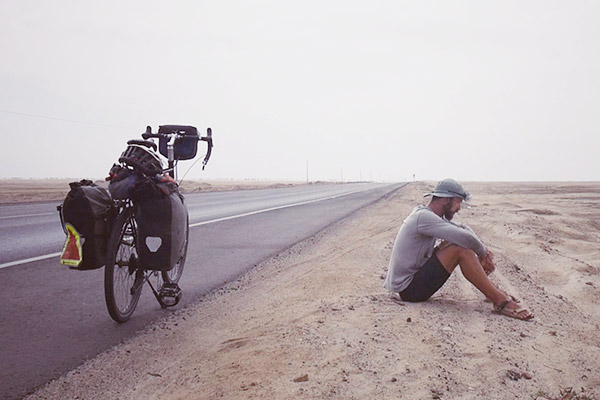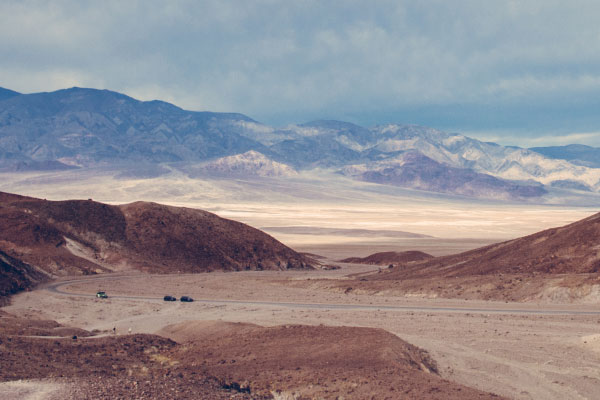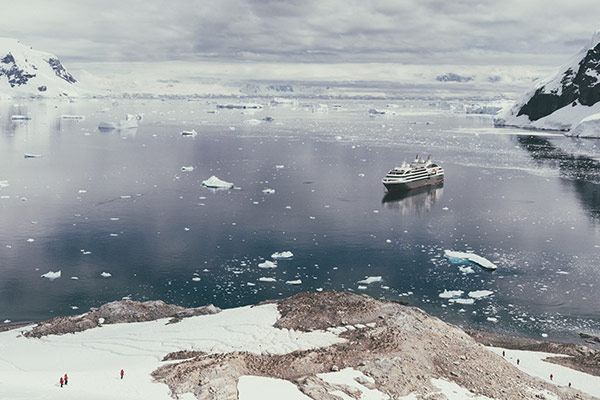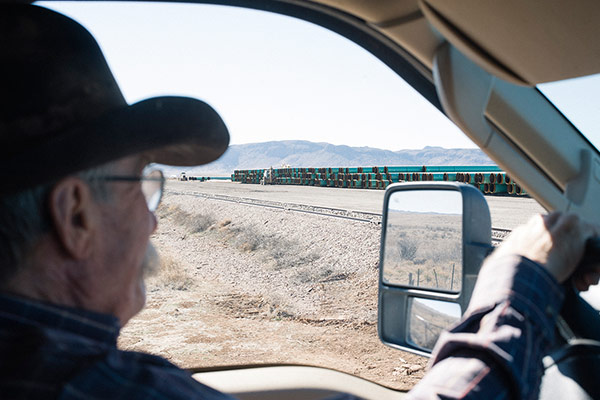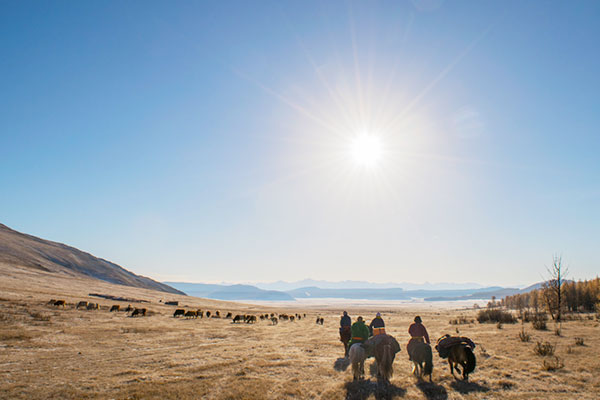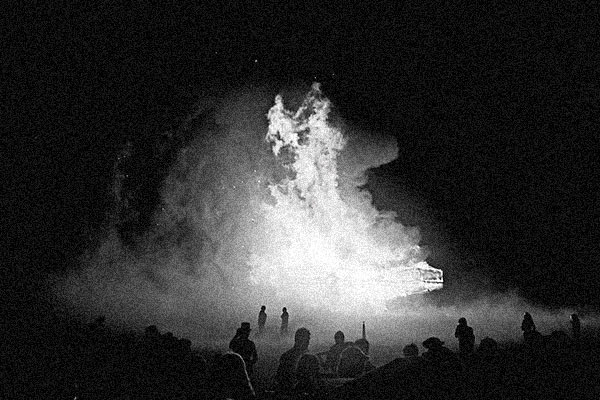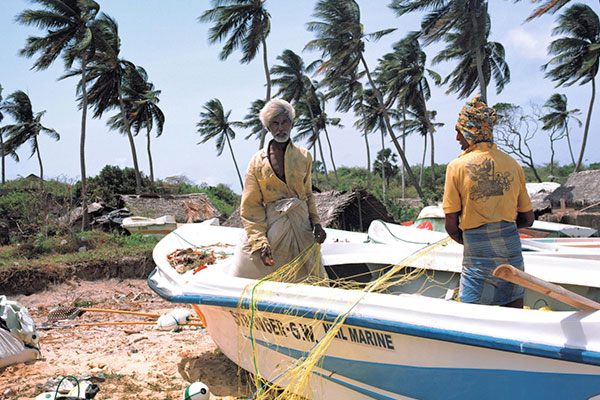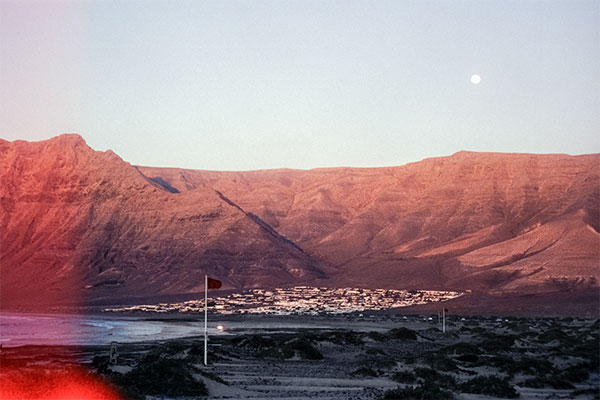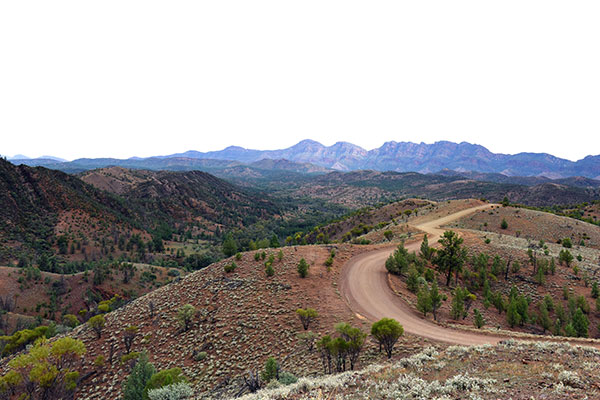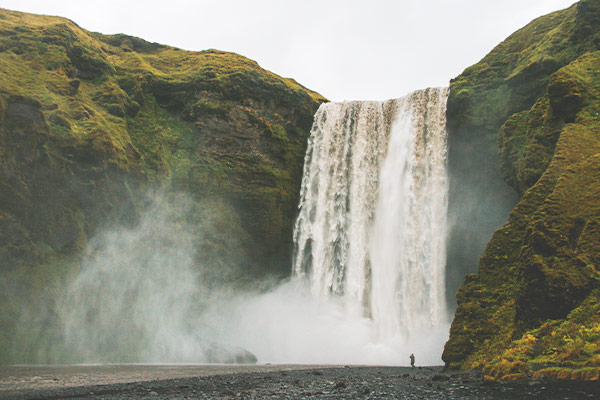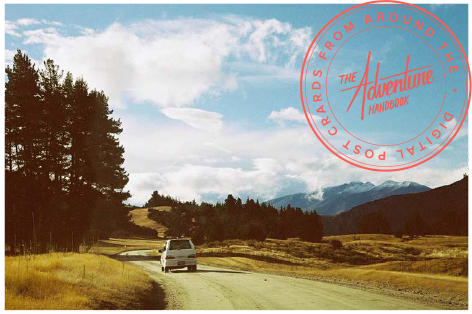They didn’t know what to expect.
He arrived in a modest, red station wagon that you would imagine your school teacher to drive, covered from head to toe in Patagonia attire. Tentatively he exited his car and approached them. He was unsure about who he had prematurely committed his morning to – they had never met and he only knew one of them loosely through a mutual friend. Conversation began with Tony giving them a short lesson on the passing local weather system and tide patterns of this coastline. Neither parties were very good at small talk but comfort immediately washed over them as they found common ground in their oceanic interests.
Tony elaborated on his former life as an academic researcher and his wife’s passion for teaching at the local school. His appearance began to make sense. She watched him with a wary eye, attempting to glue together the remaining pieces of his puzzling character.
The wind blew haphazardly, the waves were barely breaking. Tony suggested a venture out to a more exposed beach and sighed disappointedly as two cars were unnecessarily driven out of the carpark, for the purpose of keeping both parties comfortable – their respective means of escape if the moment of social exhaustion were to arise.
“I mean the pain was bad, I’ve never had a pain as bad as that before, but it was when people told me I should give up surfing, which was just…”
She chose to ride with him, sitting enthusiastically in the passenger seat, picking his brain with her long-awaited questions that she had been curiously pondering since she first read Tony’s article years ago. They engaged in conversation like old friends. He was open to this stranger in his car, responding as if it were a normal daily occurrence to be interrogated like a reporter questioning a political figure, post-public scandal. Perhaps he was just enjoying the company of another like-minded being in this ghost town of Spain; La Caridad is a town where humans under 70 are sparse, and humans under 70 who enjoy immersing themselves in the freezing Atlantic waters of the region are even fewer. There was a hint of anguish when he referred to the local people of this region – he was yet to be accepted into their community even though he spoke their language with perfection and was married to a Basque woman.
The road was winding and he drove slow, valuing this time for reflection.
The prying continued as they delved into discussion of how he traumatically broke his neck when surfing a sizeable wave just near their current destination, which he didn’t seek medical help for until ten years later when the injury was re-aggravated. It was clearly an emotional subject for him, detailing the medical prognosis ten years after the accident as “the most traumatic thing that ever happened to me”. “Because it was a psychological thing” he exclaimed, “I mean the pain was bad, I’ve never had a pain as bad as that before, but it was when people told me I should give up surfing, which was just…” his voice trailed off as he searched for the right words to give justice to the feeling. For somebody who spends the majority of his time filling his body with adrenaline, he was surprisingly gentle, “I didn’t know where to look, it totally threw me completely…i just didn’t know where to go and who to talk to”.
She understood, as only a surfer could.
They both stared out the windscreen at the cloudy Autumn day. He didn’t linger long in the memories of trauma – giving way to his stoic British sense of humour he added with a smile “I don’t have much diversity in my activities you know, if I can’t surf then… I’m fucked you know”.
After the injury Tony was doggedly determined to defy the prognosis of never being able to surf again. The advice to retire and give up his lifelong love of surfing for a calmer and less “dangerous” life, was clearly an inconceivable outcome for Tony’s mind and spirit, even as he approached his fifties, and the suggestion to take up golf or fishing instead was not received well. Surfing was more than a hobby, it was his identity, his sense of self was entirely entwined with it. He added conclusively, “I mean, who am I? I’m a surfer.”
Unable to hold the pensive space for long, her next enquiry urged them on – What were they? She questioned. What were the underlying motivations for one to paddle out into these extremely big waves, risking your life or even worse, your ability to live a mobile life after a potentially paralysing neck injury. Was it an addiction? Was it the thrill? Or the prospect of fame? A week earlier she had interviewed Frenchman Benjamin Sanchis, who had officially ridden the world’s largest wave of 35 meters on the coast of Portugal. Having been asked the same question, his response was almost unfathomable to the common humanist, answering that ego was the main motivator for his wild pursuit. Seeing yourself on a TV screen or having a world record title next to your name can drive one to ridiculous ventures that some would coin insanity. But Tony didn’t fit that mould, he had already touched on topics such as competitive surfing with a tone of disenchantment, bordering on disgust. So what were they for him?
He wasn’t bothered by her forwardness and without hesitation he also jumped into discussing the delicate topic, “If that’s the motivation, to just increase the number and then say to somebody afterwards, or get somebody to write about it or make a film about it and say, ‘look that guy caught a 31 meter wave whereas the other guy before only caught a 30 meter wave’ then the motivation is, what is called, extrinsic or external.” His answer was fluid and detailed, exhibiting that she was not the first to ask him this question.
“Part of you, is concentrating on what you’re doing and enjoying what you’re doing… but another part of you is also thinking of the external goal… you’re thinking about your $50,000 XXL award, or when you’re surfing Mavericks [and] you’re trying to catch a bigger wave than somebody else.” He clearly felt passionate about the topic. Tony proclaimed that he has very minimal interest in extrinsic factors when it comes to surfing big waves, that mostly the motivation is that he is forced into present moment, the here and now. Lost in the passion of his answer he continued, claiming he doesn’t care for “being able to say to somebody afterwards that I did something special. I’d rather actually be doing it, than saying I did it”. Next, a tirade about the use of jet ski’s to tow into big waves, which is too easy and more like water-skiing than surfing, and then he ended with a self-deprecating chuckle “so ah, what was the question again?”.
The question became obsolete as Tony’s answer had opened a new door of discussion with a concept he used for describing the feeling of being present in big wave surfing – the psychological phenomena of Flow. Tony has beautifully detailed the phenomena of Flow in multiple publications including this Patagonia Blog, but simply put, it is an elusive state of mind where the subject is so immersed in the moment that they loose concept of time and perform at their peak, present self. The former academic holds true to his scientific and research-based approach when speaking of Flow and his big wave obsession. Yet in his accounts of riding these ridiculously large waves, there’s a touch of spirituality, which indicate there’s a deeper meaning for him – a somewhat irrational religious practice.
It seemed to her that Tony was perpetually in this state of Flow, as he gingerly drove toward their surfing destination, there was no mention of the hour or a glimpse at a cellphone screen to check on the digital expectation of the day. They meandered toward the local Cafeteria to order a cafe con leche after seeing that the waves were yet to angle themselves in the optimal degree for rail-attachment. Perhaps time does eventually become inexistent living in a town like this, she thought, the ageing population unable to waste a minute on thoughts of the future, an unintentional state of Flow. Maybe Tony wasn’t so out of place after all.
Holding a less investigative space they exchanged laughs over mutual friends, insights into environmental theories and business activities. His stable presence reverberated a sense of nostalgia and comfort to those who surrounded him. She thought his on-shore characteristics were a strange contradiction to a personality that can throw themselves into mini-tidal waves in the depths of the ocean, one of the most perceptibly extreme acts of human sporting pursuits.
The contrasts continued, in the same breath reprimanding the use of plastic and disposable coffee cups, Tony then turned to speak of his coming travels to Ireland, his past travels to Australia, and many more acts of carbon consuming, fossil-fuel burning travels in between. This is an issue he has obviously thought about deeply due to accusations of hypocrisy and a visible sense of personal guilt, to the point where he wrote an entire chapter on this issue titled Surf Travel: The Elephant in the Room, in the book Sustainable Surfing. As a summary, Tony justifies why surf travel isn’t a hypocritical act for the self-proclaimed environmentalist. Believably, he advocates the overall “net reduction” of the travelling surfer, who educates themselves on environmental issues and global politics by seeing first hand the negative effects that our economic system has perpetuated, thereafter helping to educate others or actively support the environment. Tony asserts “as surfers you can’t really stop traveling because if you stop travelling, then you become just locals in one place, and you become ignorant and all you do is watch the television, and then you’re more susceptible to the influence from stuff that isn’t really real, all the stuff they’re trying to feed you.”
Tony admits he has been travelling a lot recently for Patagonia events but advocates that surfers “need to get out into the world and really meet people and see what’s going on in other parts of the world and then you’re more likely to want to protect the natural environment. But to do that you have to have a huge carbon footprint. So its a paradox” he reassures them, and himself.
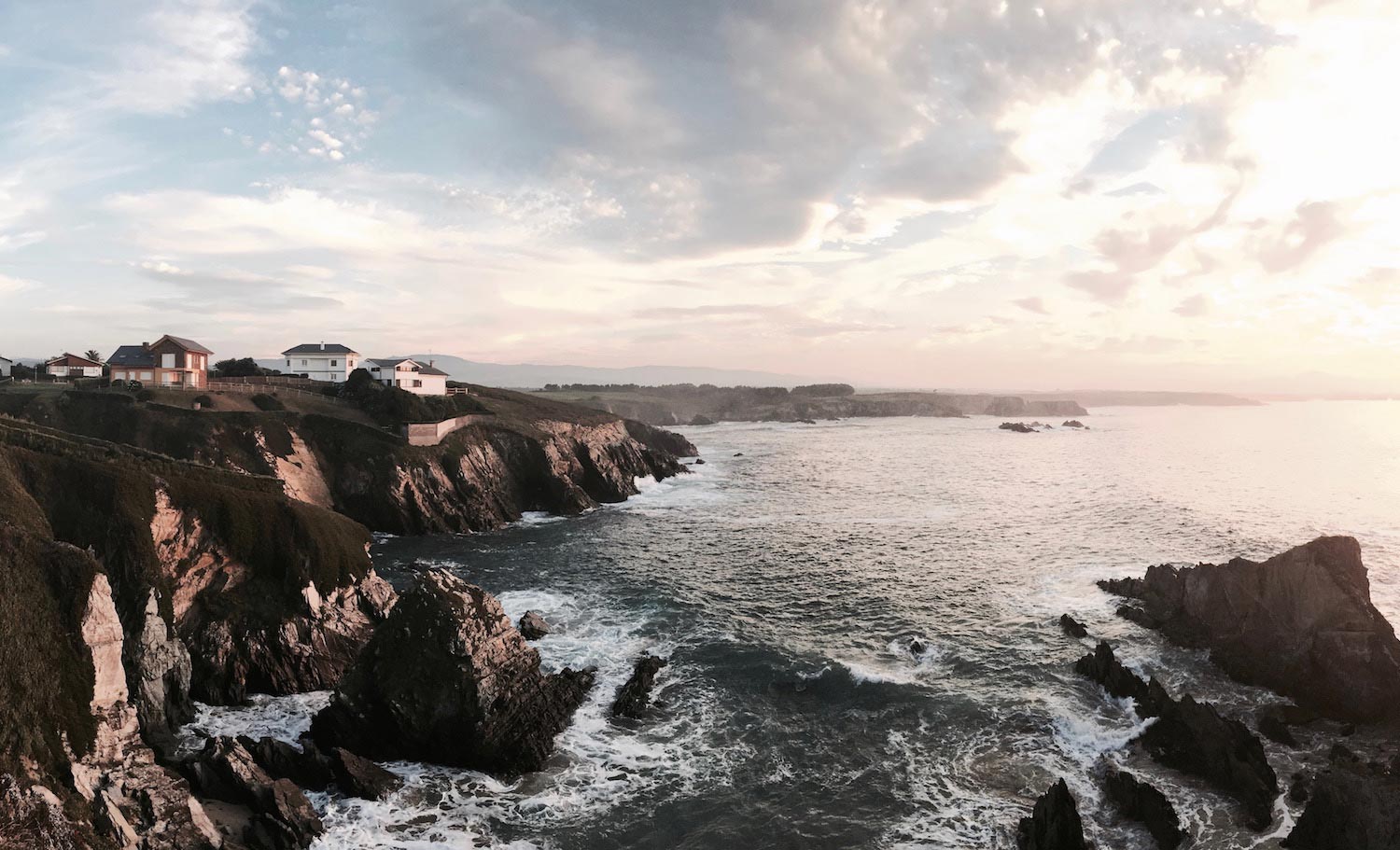
Its a justification that holds truth yet limitations. In reality there are many surfers in the world who simply love ticking a box for their next wave destination, with their factory-made JS surfboard, tasting the life of imperial power at an energy-consuming, slave-driven resort in Bali. Tony is, of course, also aware this, continuously expressing his frustrations of “preaching to the choir” when delivering presentations at Patagonia events or his personal seminars.
There’s not much that this man is unaware of in relation to his existence on earth, he acknowledges all pros and cons to the lifestyle he chooses to live and honestly admits that he hasn’t come to a solid conclusion in his lifestyle beliefs. So far, his hypothesis is to “go about your own life” rather than trying to take on the mission of global change, to live by example with the hope to inspire. Passive resistance, Gandhi-style.
The pair listened to him, also understanding this hypocrisy and moral dilemma. They ran a business in the digital economy and promoted their ‘travelling office’ style of work – a choice that only those from privileged economies can make – while at the same time advocating environmental initiatives and dismissing the principles behind the neo-liberal economic system. Selective moralism. Comfortable environmentalism. Capitalism when it suits, socialism if simultaneously aligned with personal interests. Do any of us practice what we preach?
Tony sighed despondently. The pair moved on.
As they drove away from Asturias the lingering paradox followed them; the simultaneous feeling of inspiration and confusion from this encounter with Tony Butt. The cloud of social responsibility hung over their heads akin to the grey Galician sky they were heading toward. Gradually, their thoughts become diluted with business prospects, travel ideas, whats for dinner, and photosynthesis played its role.
Tony Butt is sure an impressive human being, not only because he rides waves the size of three-story buildings, but for the humble and extreme, mundane and exhilarating, sustainable unsustainable life that he leads. He left a permanent imprint in their minds and hearts, but mostly importantly friendships were made and, in theory, the net reduction continues.
Story by Alycia Purcell | Cover image courtesy of Patagonia
Receive a postcard from us sign up



